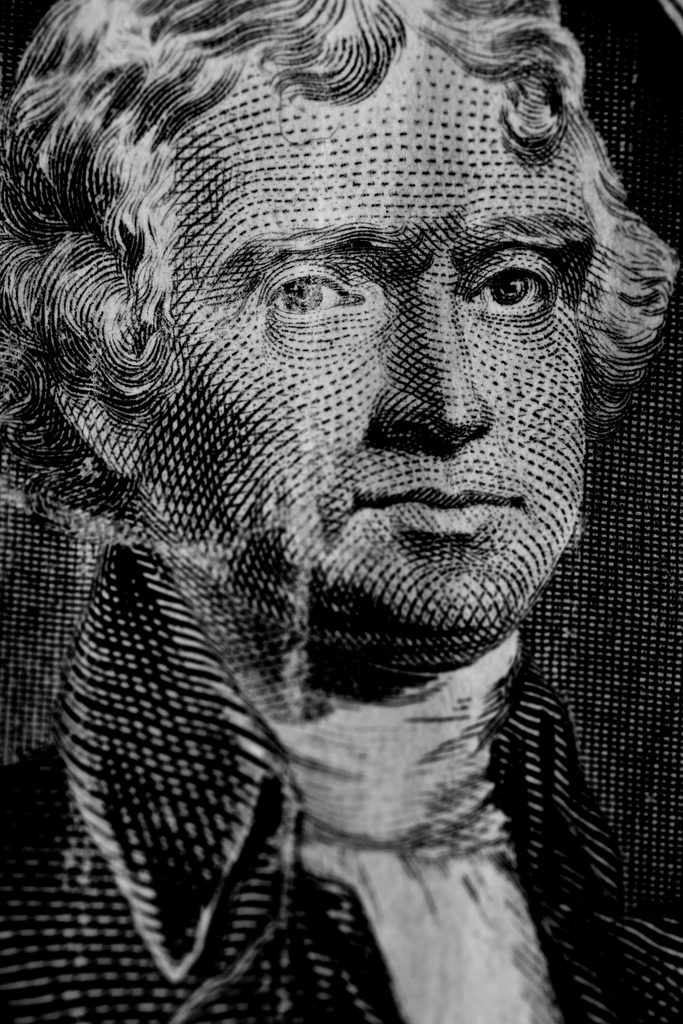Where Thomas Jefferson fell short was in carrying his principles through to their logical conclusions. He recognized the natural right to liberty, but didn’t extend it to slaves. He recognized the natural right to own property, but was willing to confiscate property to fund ‘good’ things like wars, acquiring territory, and education. He recognized the natural right to life, but was willing to intentionally deprive someone of their life for providing aid or comfort to someone whom the state had designated an enemy.
Thomas Jefferson, like many libertarians today, understood the basic principles, but created carve-outs in his attempts to impose his view of how the world should work on others. That’s the thing about principles, though; they don’t have exceptions.




